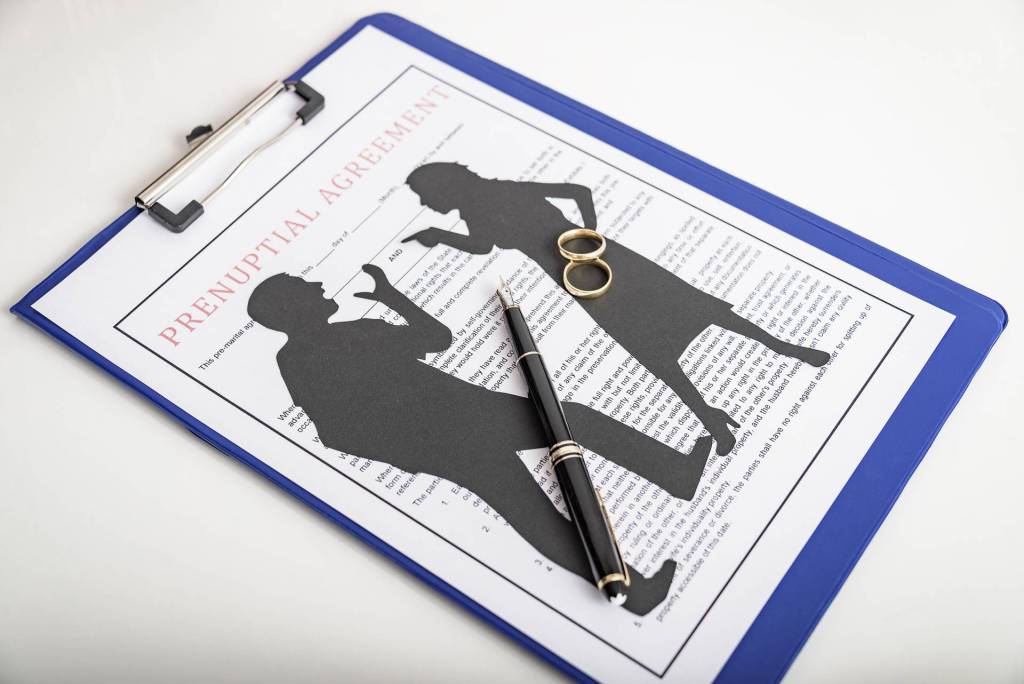What Happens to the House in an Arizona Divorce?
The first thing you should know is that Arizona is a community property state. This means that any properties and other assets acquired during the marriage are split 50/50 during the divorce.
If there are significant assets as well as debts involved, the situation can get very complicated. It is crucial to talk to an experienced Arizona family law attorney to get a better understanding of what is involved.
As far as the house is concerned, there is a range of options, which will be dealt with in the discussion below. Of course, the house is not the only part of the couple’s community property.
Other parts include cars, businesses, other properties, retirement accounts, bank accounts, savings, income, wages, commissions, bonuses, dividends, art and other collectibles, other personal assets, and much more.
All such assets are considered community property unless it can be proven that an asset belongs to just one of the spouses. In order to make the best decisions and ensure that the facts are accurate, you should consider getting help from a skilled Arizona divorce attorney as you work on dividing your assets.
Who Gets to Stay in the Family Home?
The first and most obvious question that usually comes up is who will get to stay in the family home. If the house or family home is counted as a community property, it will normally be split 50/50 between the two parties. In order to do that, it might have to be sold so that the proceeds can be divided equally.
However, if one party wishes to keep the home, they can work out an arrangement where one party buys out the other party. They should refinance the mortgage so it will be only in their name while the ex’s name will no longer be on the mortgage.
This is also important so that the new owner’s failure to keep up with the mortgage payments won’t have a negative impact on their ex’s credit rating.
There is another option as well. If the judge divides the assets among the two parties, he or she may also give the house to one party while giving other assets of equivalent value to the other party.
Should You Even Try to Keep Your Home?
There are a number of factors to consider when it comes to deciding whether you would even want to stay in your home. The first one is whether you have children. After all, any kind of move is especially hard on children, particularly if it means that they’ll have to change schools, lose contact with their friends, and more. It could also affect your parenting time with your children.
On the other hand, there are important financial considerations to keep in mind. It is usually easier for a couple to afford the upkeep of a home, including mortgage, utilities, taxes, and so on, than it is for a single person. So think carefully about whether you can or want to take on that responsibility.
What Happens to Property That Was Purchased Before the Marriage?
Property that was purchased by one or the other party separately before the couple’s marriage remains the personal property of the spouse who acquired it. This could even include the home the couple used to live in. Of course, it is important to keep good records, so this can be proven later during a potential divorce.
In addition, it is important not to commingle any part of that property during the marriage because that could mean it would no longer be seen as separate from the community property.
Consequently, any such money needs to be kept in a separate bank account, and any other assets need to be kept in the original owner’s name. It is also crucial not to add your spouse’s name to any property you bought with your own money.
Inheritances And Trust Funds
If you have inherited money or other assets before or during your marriage in your name only, and if you don’t commingle it with your community property, then it is your own. The same would be the case for your spouse.
However, if both you and your spouse were named in the inheritance, then the inheritance would be part of your community property and would be divided in a divorce.
Trusts are handled slightly differently, depending on where the assets in the trusts came from and who created them. A revocable trust created during your marriage with your community assets would be subject to division.
However, if you created the trust with your own separate assets, it will continue to remain yours. The same would be true if you were to become the beneficiary of a trust set up by someone else.
Business Assets
Business assets pose another interesting challenge. If you started a business before the marriage and ran it separately, it continues to be yours. However, businesses started after the marriage count as community property.
Since many businesses that are divided during a divorce don’t survive, it is more common that one party tries to buy out the other party in exchange for a smaller portion of the other assets.
Of course, in order to do that, it is also necessary to accurately assess the value of the business. You should get your accountant’s or your lawyer’s help with that task.
What Happens to Debts?
Generally, any debts incurred during the marriage will also be split 50/50 between the two parties. Debts incurred before the marriage belong to the person who incurred them.
There is an exception, however. If one of the parties recklessly incurred excessive debt, for example, through gambling or frivolous spending, that debt would likely be theirs alone to pay off.
What You Should Do
If you find yourself in a situation where you face losing your home in a divorce and you want to keep it, or you want to ensure that you get your fair share of the assets, you should get help from an experienced Arizona divorce attorney. We have the kind of experience you need and will be glad to help you.

 Schedule A Consultation!
Schedule A Consultation! Call Us Now
Call Us Now Email Us Now
Email Us Now









